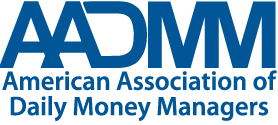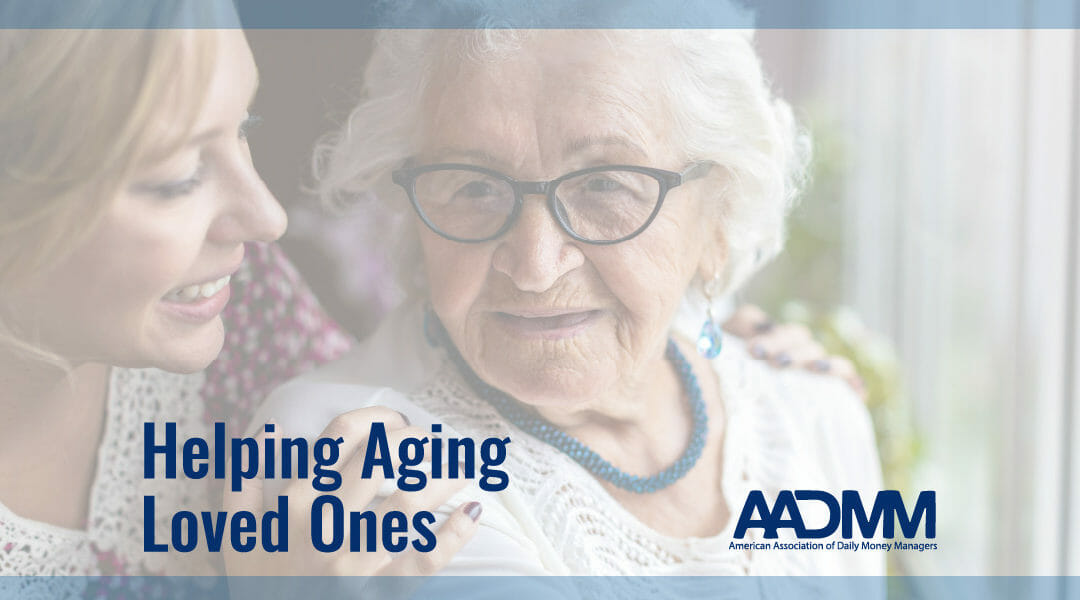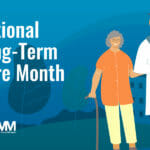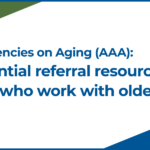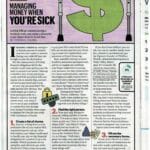
The following is a guest post from a friend who is living what many of my clients’ families undergo every day. Helping our aging loved ones can be challenging. I hope the advice offered from this real story is of comfort and assistance.
Not-So-Independent After All
My mom has been relatively healthy, despite suffering from RA for most of her life. Last year she was unexpectedly taken to the ER via ambulance with chest pains. Like many women my mom’s age (late 70’s), she was sick and exhausted from managing her husband’s failing health. After a day or so of inconclusive medical tests, my husband and I drove the 500+ miles to figure out what was really going on. Here are a few lessons I’ve learned so far:
What’s Real & What’s Not
Quite frankly this is easier said than done. My mom is part of the “Silent Generation” epitomized by the self-sacrificing, “keep your voice down and don’t make trouble” behaviors formed by growing up amidst the economic instability of the Great Depression and WWII. Phrases like “we’ll just make do” or “work just a little harder” were common in our house. So getting to the truth about her situation and how to best help her were difficult waters to navigate. She didn’t want to complain even when things got really bad. My husband, on the other hand, had a mom who complained about everything… so it was hard to figure out if there was a real problem that needed immediate intervention.
My Advice: understand your parent’s demographics and psychographics. By doing a little research you’ll know what drives their behaviors and what’s their normal. Aging can affect judgment and memory. Before a crisis occurs, really take a look at what’s shaped your parents or aging loved one’s life. If necessary, may I suggest therapy or talking with a professional? 😉
Assessing the Situation
If you don’t live close by, you might try these strategies to uncover what’s really going on:
- Phone calls at regular intervals. Figure out the time of day when your senior parent is most alert and has quiet time. You’re probably thinking…. “she’s retired, she’s got all day to talk!” In actuality, doctors’ appointments and other errands take longer when you’re older. I try to time my calls when she has the most energy (usually in the morning).
- Ask specific questions. Unless you ask about doctors’ appointments or what medications they’re taking, you may not be kept in the loop. It could be they simply forgot to update you… or they are worried about sharing difficult news. I often heard “I didn’t want you to worry.” As my mom continues to age, I’m listening for incidences indicating she needs more help or living at home is becoming dangerous.
- Follow-up. When she has an important doctor’s appointment, I mark it in my calendar and follow-up. What were the test results? What’s the next step in treatment?
My Advice: now may be the perfect time to make sure you have estate planning and medical paperwork in order. Who has the medical power of attorney should your loved one be hospitalized? Is there a POLST (Physician’s Order of Life-Sustaining Treatment) on file? If you don’t know what this stuff is all about, do the research before the next crisis. If you live far away, find out if there are resources you can tap into. For example, Santa Clara County has a variety of services available specifically to help seniors. Find out the appropriate resources available to you and your loved one.
Act But Don’t Overreact
Not every situation warrants jumping in the car or hopping on a plane to visit mom. Sometimes it’s about enlisting a support system. Of course, that means you need a support system in place. Neighbors or close friends may be an option for some. Paid caregivers may be also appropriate.
My Advice: Have important phone numbers in your cell phone in case of an emergency. I’ve also set up a shared Google doc with all my mom’s medications. When they change, we update the document so everyone has an updated version.
When I schedule visits, I try to coordinate appointments with financial advisors and doctors to 1) get information and 2) forge relationships with the important professionals in her life. It’s important to note that the above is much easier when an estate plan is in place. Specifically, having the authorization via a power of attorney (both financial and medical) makes things a bit easier. That said, even if you have this important paperwork on hand, navigating a crisis still requires finesse. A POA allows you to speak directly to professionals on your loved one’s behalf. Just know that you’ll need to mediate and sometimes cajole a senior into following doctor’s orders. “Getting old isn’t for sissies” is one of my mom’s favorite sayings. Declining health means compromises. Making adjustments — like having additional help or medical equipment — can be scary, difficult or downright embarrassing. It’s a balance and empathy goes a long way in navigating to a post-crisis “normal.”
Hire a DMM
Lastly, if you need someone to help your aging loved one with their finances, find a daily money manager who’s a member of the American Association of Daily Money Managers so you know they have had a background check and follow standards of practice and a code of ethics. Making sure that bills are paid and important paperwork (e.g., tax prep) is one less headache that can be delegated.
Check references, and meet with them in person or virtually (phone, Skype, whatever) to ensure a good fit for your situation. Then, when the time comes, you’ll have one more ally/resource to help you during a crisis.
Alison Salisbury is the founder of Fiscally Fit, Inc. in San Francisco. A version of this blog post first appeared on the Fiscally Fit blog.
